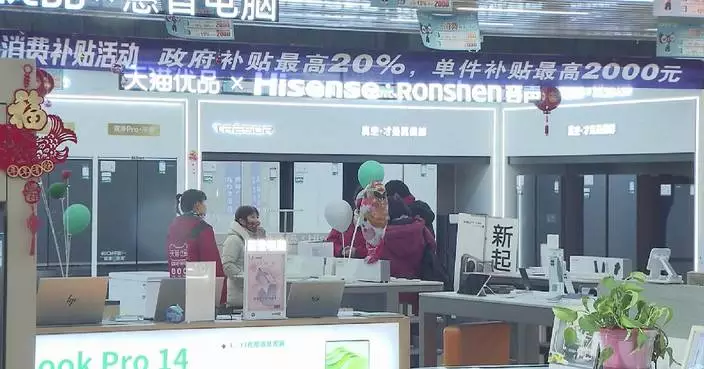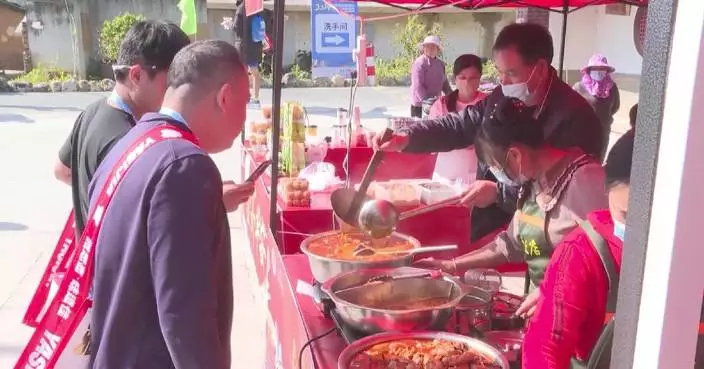China unveiled its emblem as the rotating chair of the Shanghai Cooperation Organization (SCO) for 2024-2025 in Beijing on Thursday.
Foreign Ministry spokeswoman Mao Ning released the emblem at a regular press conference.
"The SCO Emblem is the main part of the emblem, which has Chinese characteristics. The slogan from China as SCO's rotating chair -- Upholding the Shanghai Spirit: SCO on the Move -- surrounds the SCO Emblem in Chinese, Russian and English. The edge of the whole emblem consists of cloud-and-thunder patterns and Kui Dragon patterns found on bronze wares of the pre-Qin period (before 221 B.C.). The solemn patterns are formed by continuous lines with images of Chinese character '回', symbolizing hope and a life staying robust. The patterns' main colors are earth color and apricot gold, symbolizing that the SCO takes root in fertile soil and has a bright future with both confidence and vitality," said Mao.
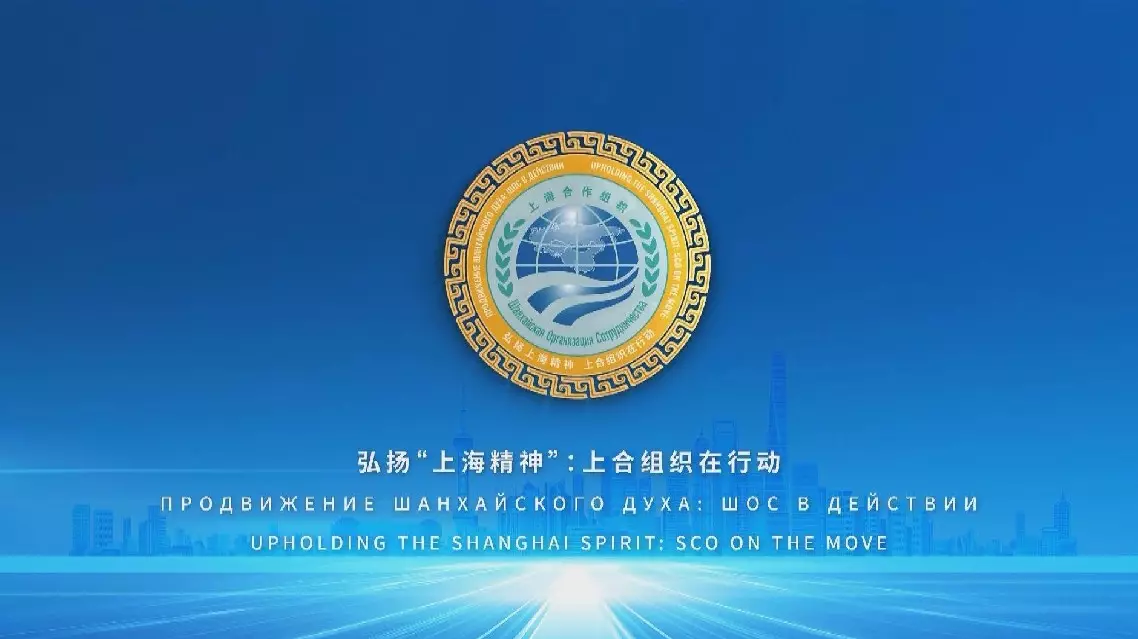
China unveils emblem as SCO chair
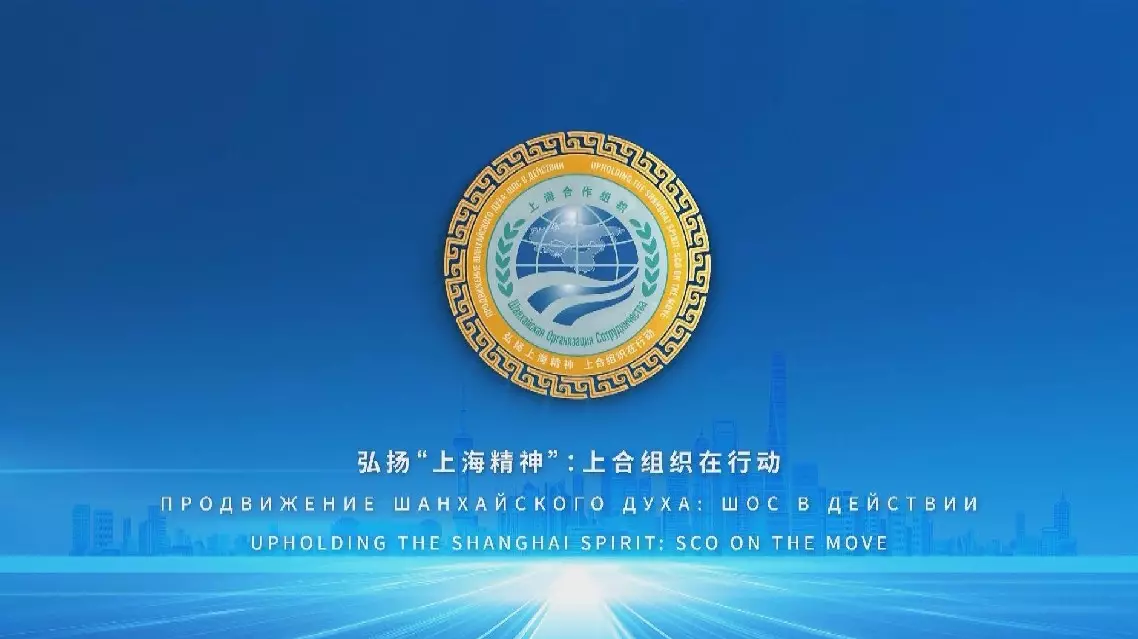
China unveils emblem as SCO chair
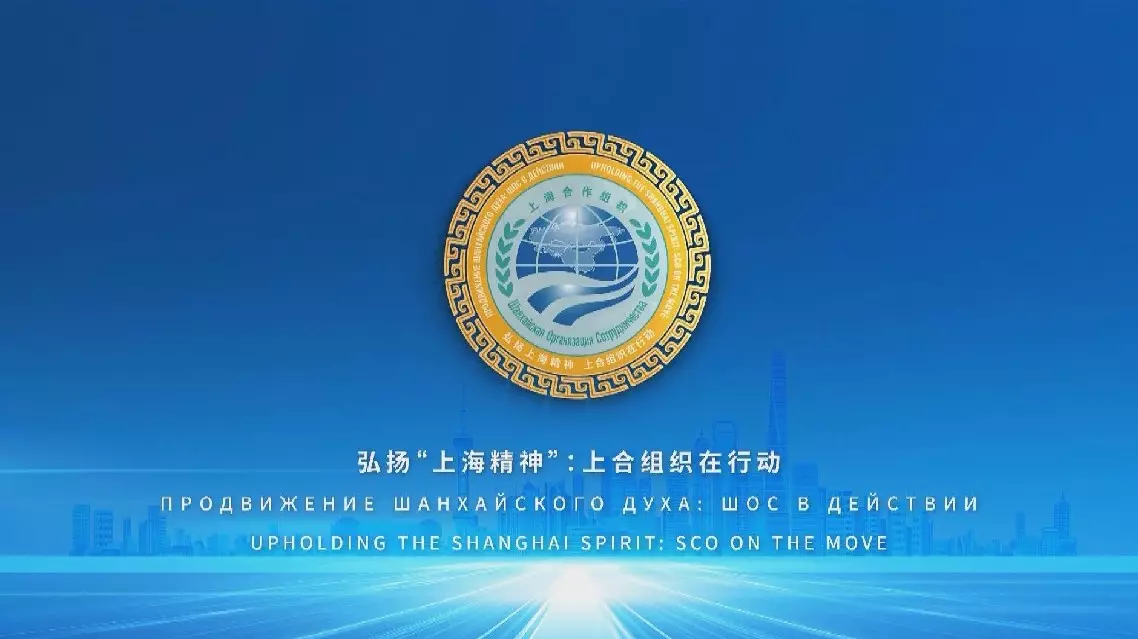
China unveils emblem as SCO chair
As the Spring Festival approaches, north and east China are experiencing a surge in demand for traditional delicacies, including vinegar and intricately decorated steamed buns.
The Laba Festival, which falls on Jan 7, is just around the corner. In celebration, residents in Taiyuan City, capital of north China's Shanxi Province, flocked to a well-known vinegar shop to fill their containers with vinegar - a time-honored tradition marking the occasion.
The Laba Festival, literally the eighth day of the 12th month on the Chinese lunar calendar, is considered a prelude to the Spring Festival, or Chinese New Year.
As a longstanding custom during the festival, locals bring their own containers, mainly large buckets and jars, to fill with freshly made vinegar.
"The tradition of preparing vinegar for the Laba Festival has been passed down through generations. Folks here love buying the freshly made, time-honored brands, because the hot vinegar tastes especially good," said Liu Xiaojing, a staff member at a local vinegar company.
"The vinegar is still hot. I can still feel the warmth. This is an old brand, and I've been eating it since I was a child. It has a long history," said Huo Yanzhen, a local resident.
Steamed buns with colorful patterns are also experiencing a surge in sales in Qingdao City of east China's Shandong Province. These creative buns, a must-have for many families in the area, are flying off the shelves as shops ramp up both online and offline efforts, stocking up to meet the demand of the pre-festival sales boom.
At a local steamed bun shop, workers were busy preparing 3,000 kilograms of fish-shaped buns. These buns are particularly popular during this time of year, as fish symbolize good fortune and wealth in Chinese culture.
"Sales have definitely picked up since New Year's Day. We're selling about 2,000 to 3,000 jin (about 1,000 to 1,500 kilograms) daily, and we expect to sell nearly 100,000 jin (about 50,000 kilograms) over the next month," said Lu Haiyan, the shop owner.
"Older people nowadays don't like food that are too sweet. They prefer traditional Chinese pastries like these, which are made with healthy ingredients. They're good for the body, so we prefer them," said a local resident.
In addition to the offline sales, the shop has embraced online marketing, posting short videos of their decorative buns on social media platforms.
The Spring Festival, or Chinese Lunar New Year, falls on Jan. 29 this year and the Spring Festival holiday will last until Feb. 4. It is China's most important festival and an occasion for family reunion.
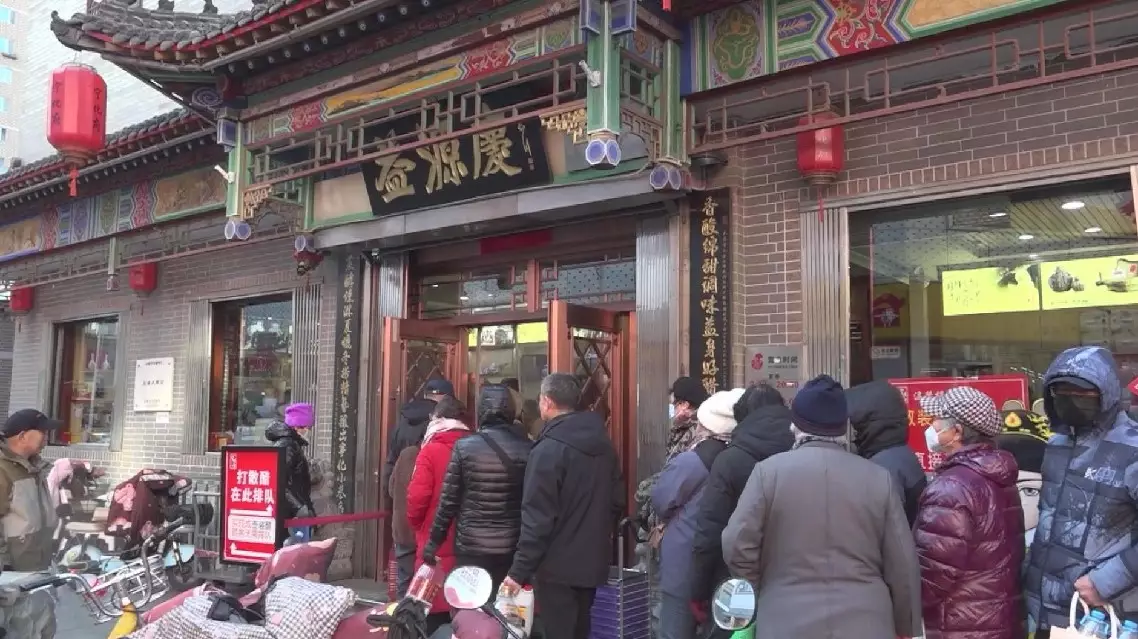
Sales of traditional delicacies surge ahead of Spring Festival







